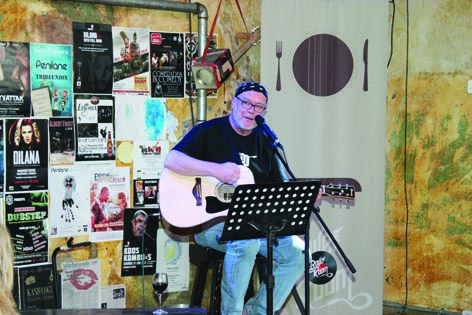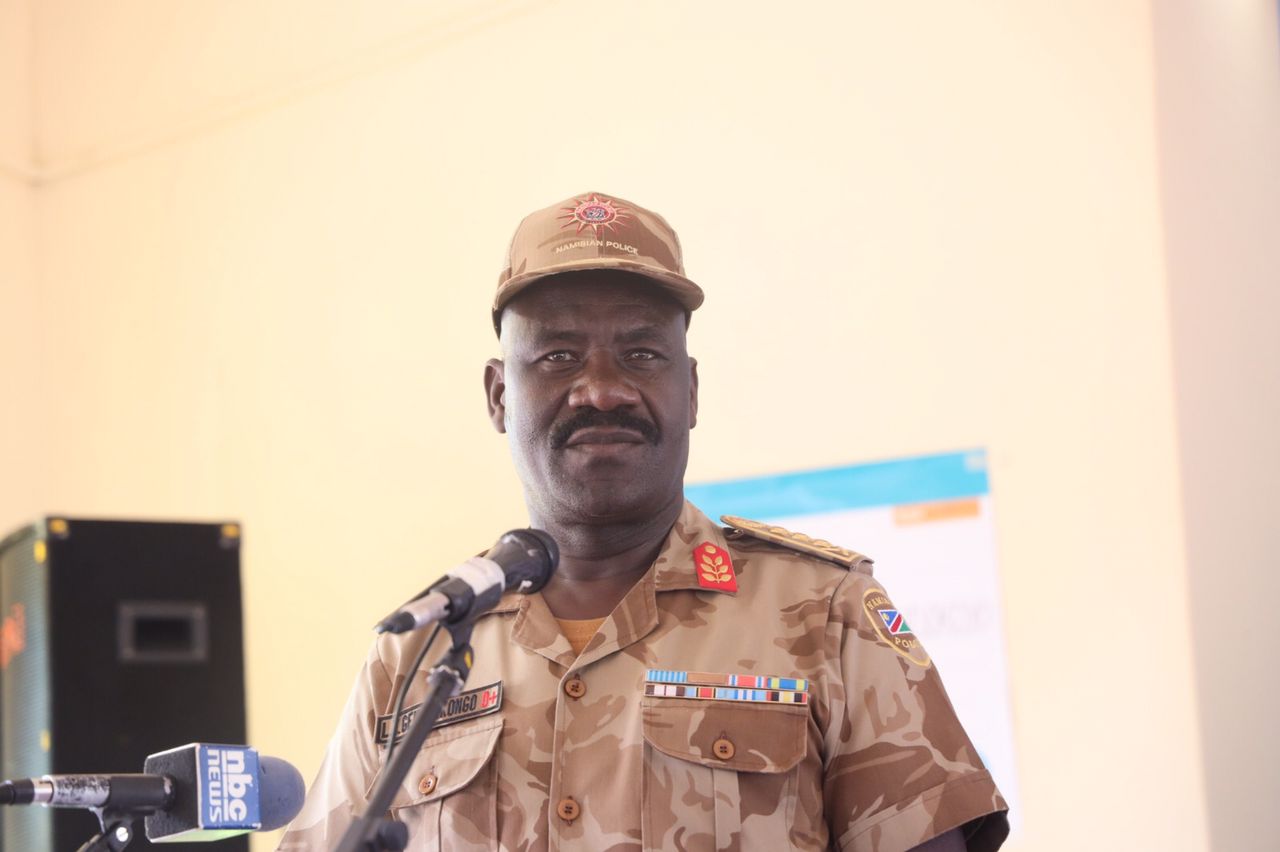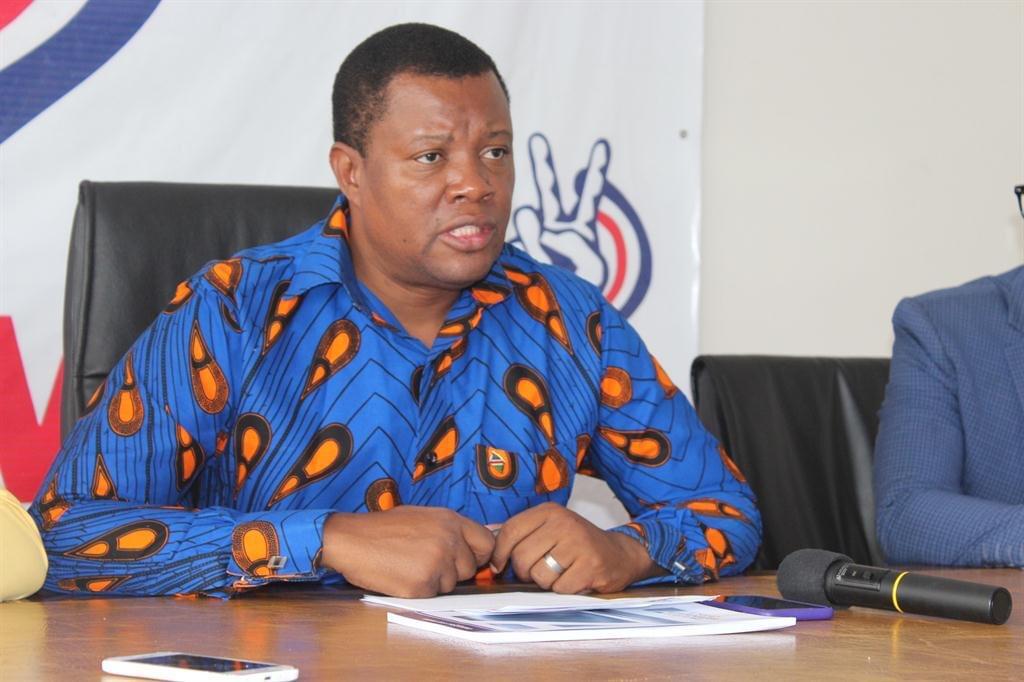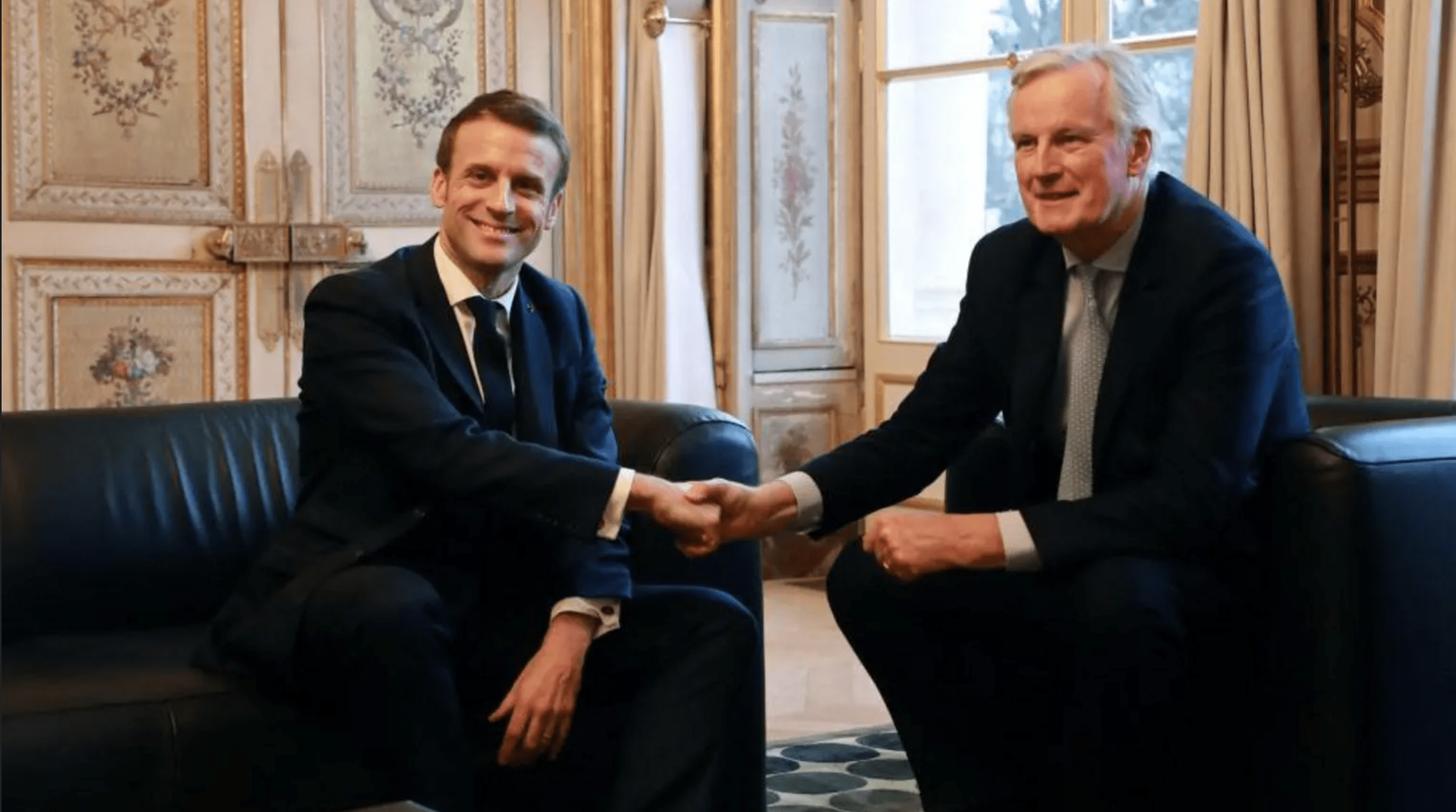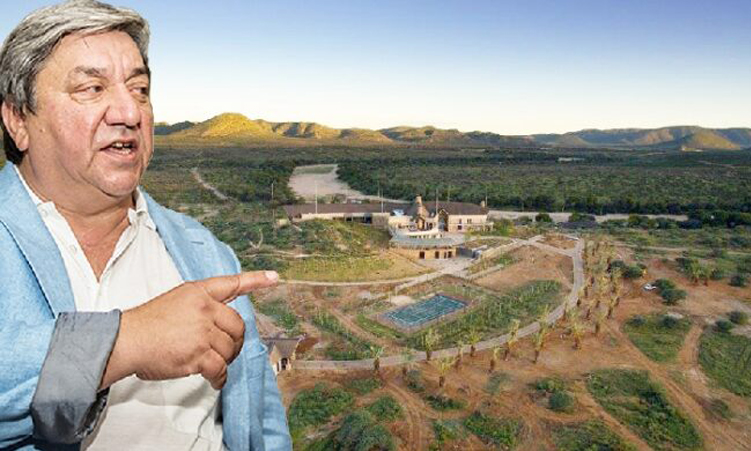Koos Kombuis this week blew away Namibian audiences alongside Namibia’s Wambuseun at the Woordefees, held at The Boiler Room at the Warehouse Theatre.
Although his trip to Namibia was delayed because he wasn’t granted a work visa on time, he still showed his sense of humour when he posted this on his Facebook page on Tuesday afternoon, “Vliegkaartjie. Check. Paspoort. Check. Kitaar. Check. Skoon onnerbroek. Check. Tanneborsel. Check. Werksvisa. CHECK!
The iconic artist, who is a regular visitor to the country, helped give voice to the Afrikaans anti-apartheid sentiment amongst white youth.
Kombuis on his early years: “Of my birth, I can not remember much. I do know that it happened shortly before tea on 5 November 1954 in a maternity home in Devil’s Peak, Cape Town. André le Roux du Toit, I was baptised, but already in school I got the nickname Jack. My mother was a teacher and my father was still a social worker. There was no such thing as colour TV in South Africa, even everyday life was black and white, just like in the movie ‘Pleasantville’.”
“My earliest memories are those of a removal van, or, as I called it, a treklorrie. My father often changed jobs and therefore we continually moved from town to town. While my father dabbled in obscure stuff like Golden Products and Sanlam, I spent my school years in Riversdale, Paarl, Wellington, Kuruman and Bellville. Eventually we got stuck in Stellenbosch.
“School was very boring for me, especially because I taught myself to read the backs of cereal boxes at age three. My learning was driven by Kytie, our maid and my main partner. She asked me every day to explain the comics in Die Burger. My skills were limited to certain areas.
“Before the age of 10, I already had a dozen novels typed on my father’s Underground Word typewriter, but I still could not tie my own shoelaces. My teachers believed I was very stupid. In a sense they were right, because although I loved reading and music, I had no ambition to pursue an academic career.
“In my heart, I’m still more of a writer than a musician. In 2000 I finally completed a long promised autobiography ‘Sex and Drugs and Boeremusiek’, this is followed by a novel ‘Hotel Atlantis’, a satire in English ‘The Complete Secret Diaries of God’, a thriller ‘Raka die Roman’ and three collections of previously published columns ‘My Mamma is ‘n Taal; Afrikaans my Darling’ ,‘Die Dieper Dors’ and a reflection of my Voëlvry years ‘Die Tyd van die Kombi’s’ published in English as ‘Short Drive to Freedom’.
“Now I live in a nice suburban house, I drive a small family car and a (sponsored) Toyota Quantum bus! I have a wife, two children, DStv and enough life insurance that I have not left my wife angry. My mother, who is still alive (my father is already dead), is very proud of me.”
Kombuis became famous as part of a group of anti-establishment maverick Afrikaans musicians on the Voëlvry tour. Organised by Vrye Weekblad and Shifty Records, the Voëlvry tour featured, among others, Kombuis, Johannes Kerkorrel en die Gereformeerde Blues Band, and Bernoldus Niemand (James Phillips) en die Swart Gevaar. The Voëlvry movement toured campuses across South Africa in the 1980s to spread their then progressive message of racial equality.
Surprisingly, his most famous song is the ballad ‘Lisa se Klavier’, one of the most popular Afrikaans songs of all time. When asked about it, Kombuis explains how he took the simple scene of sitting in a lady friend’s front room, listening to her play the piano and turned it into a song as magical as the piano playing he described in the lyrics. The song starts with a near whisper over a simple acoustic guitar and piano, then builds to riveting chorus, soaring into ‘En die hele wêreld word stil, en luister in die donker uur, na die nag geluide van Lisa se klavier.’
He took the time to talk with The Weekender about his life and excitement at coming back to perform in the Land of the Brave.
Through the years, you and other artists fought to ‘liberate Afrikaans from the shackles of the past’ through the Voelvry movement and tireless activism through music and literature. How do you see the state of Afrikaans in 2013 and why are festivals like Woordefees so important to celebrating Afrikaans art?
Through the years, my friends and I have fought against apartheid, and we did this specifically in Afrikaans because we believed that Afrikaans was an African language and that it should be delivered from its stigma as the taal of the oppressor. Festivals like Woordefees and all the other arts festivals in South Africa serve as a reminder that our culture is now free and that we can practice our art freely and associate with whom we want.
You are no stranger to Namibia, any particularly fond memories from your visits?
I love Namibia, and have always loved the country since my first visit there during my high school years. As you might have heard, I am married to a Namibian girl. There have been times when I have actually considered making Namibia my home. Whenever I visit Namibia, it is as of my creative juices and song-writing functions go into overdrive. I have written some of my most well-known songs here, such as the song ‘Atlantis in jou Lyf’ which I wrote in the Namib desert some years ago.
It could not have been easy being at the forefront of the Afrikaans anti-establishment movement in those times, what got you through those years? Do you miss the touch and go, all or nothing atmosphere of those times?
The Voelvry years were extremely traumatic and I do not miss them at all. We were persecuted by the security police, our mail was intercepted, and our songs were banned from radio. I think at the time we were quite naïve and young and had no idea what we were getting ourselves into. I’m not sure how much our protest really meant, but for what it’s worth, at least now it is on record that a certain segment of Afrikaans youth were vocal against apartheid back then.
You are an accomplished, if not legendary South African singer, songwriter, author, poet and activist, what inspires you?
I am inspired by the most unexpected things. I never know when the next inspiration for a song, a story or a column might come. My inspiration is not always political, I also feel strongly about women’s rights and gay rights, personal spirituality and individual liberty, and I take great pleasure in the small enjoyments of life, such as a sunrise, or a cup of coffee, or conversations with friends.
If you were fortunate enough to catch any of his local performances as part of the Woordefees, count yourself lucky. If not, do yourself a favour and get his latest album, ‘Dertien’ or get his new book ‘Die Itjieng’.
For more information on Koos Kombuis and upcoming performances, please see www.kooskombuis.co.za.
Stay informed with The Namibian – your source for credible journalism. Get in-depth reporting and opinions for
only N$85 a month. Invest in journalism, invest in democracy –
Subscribe Now!


